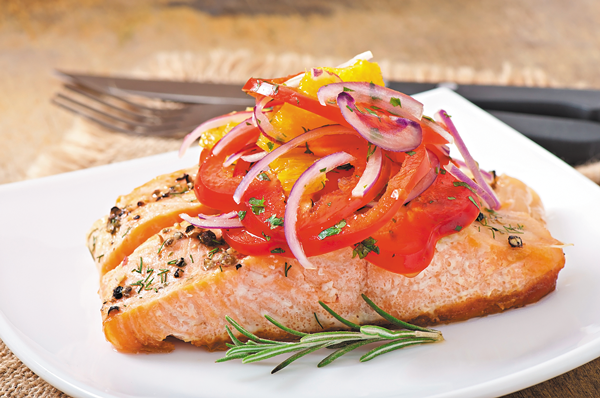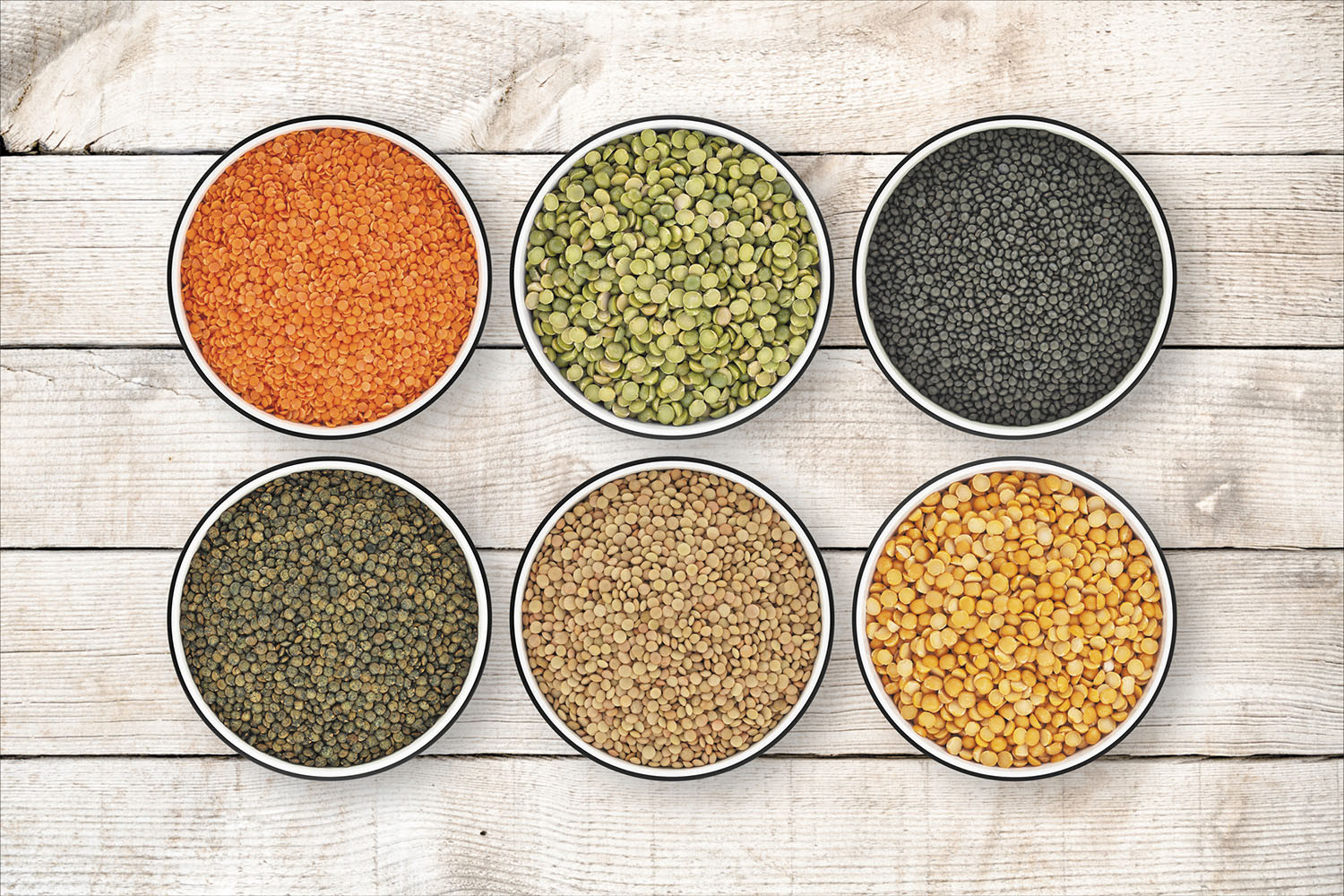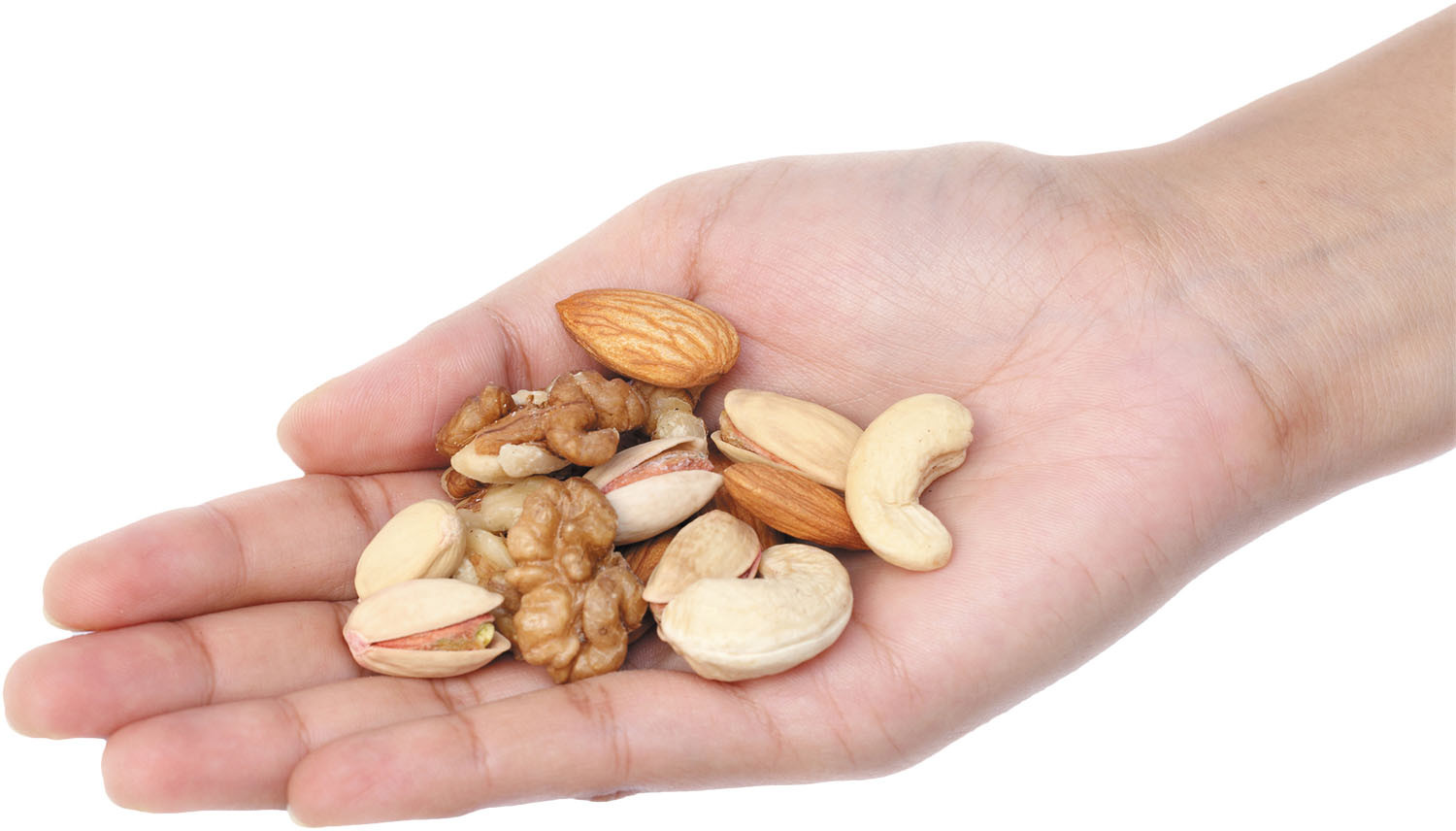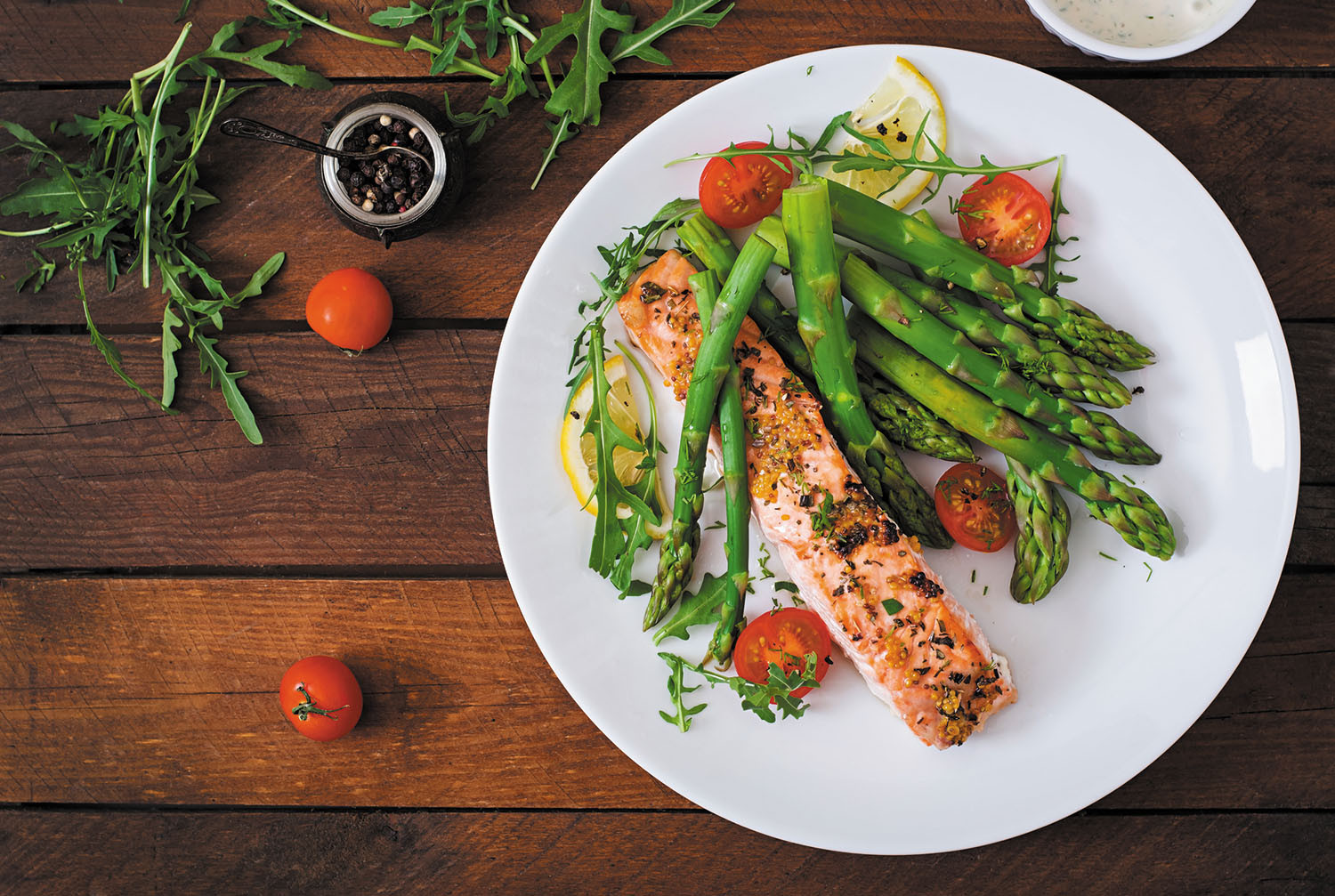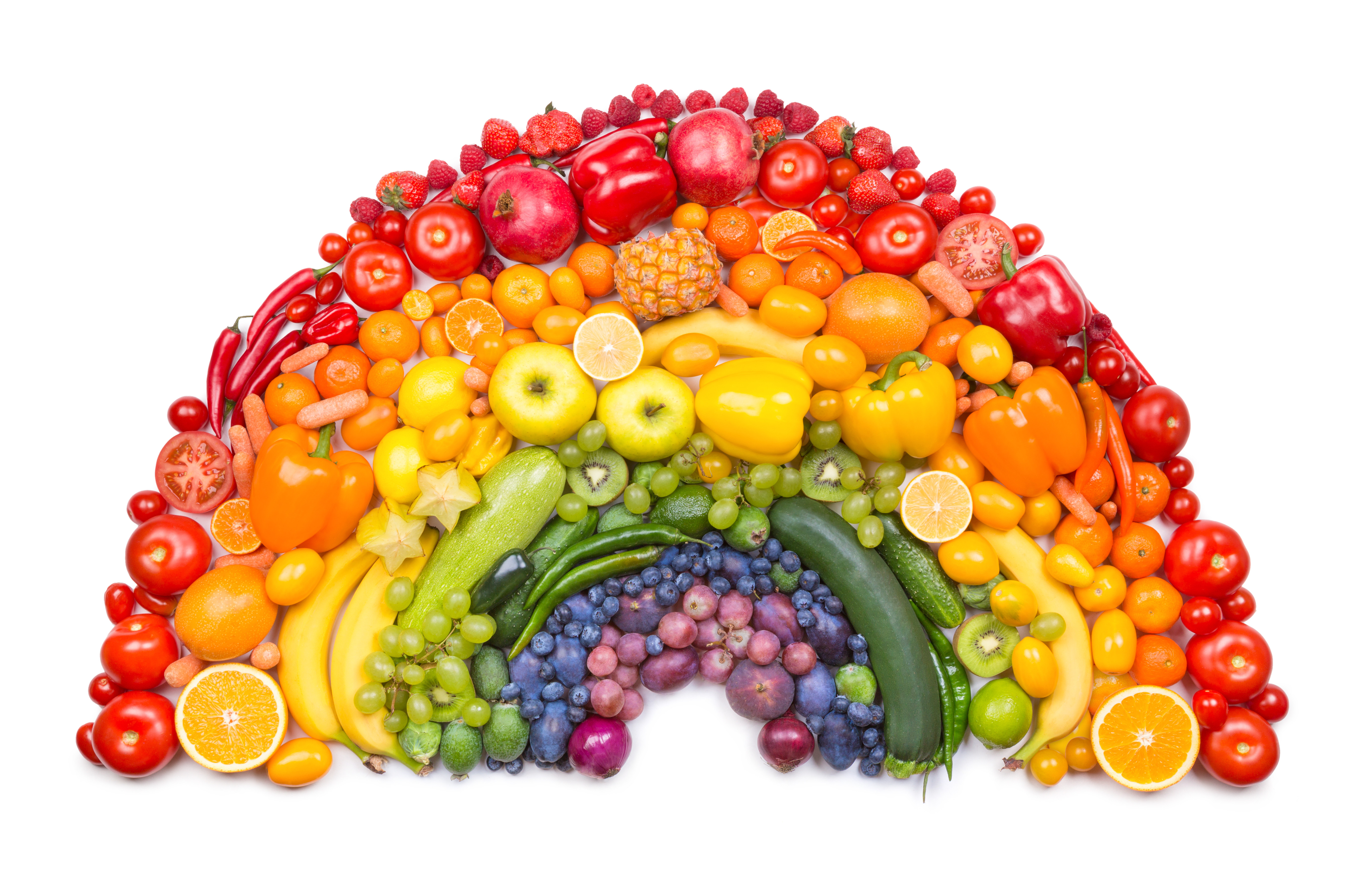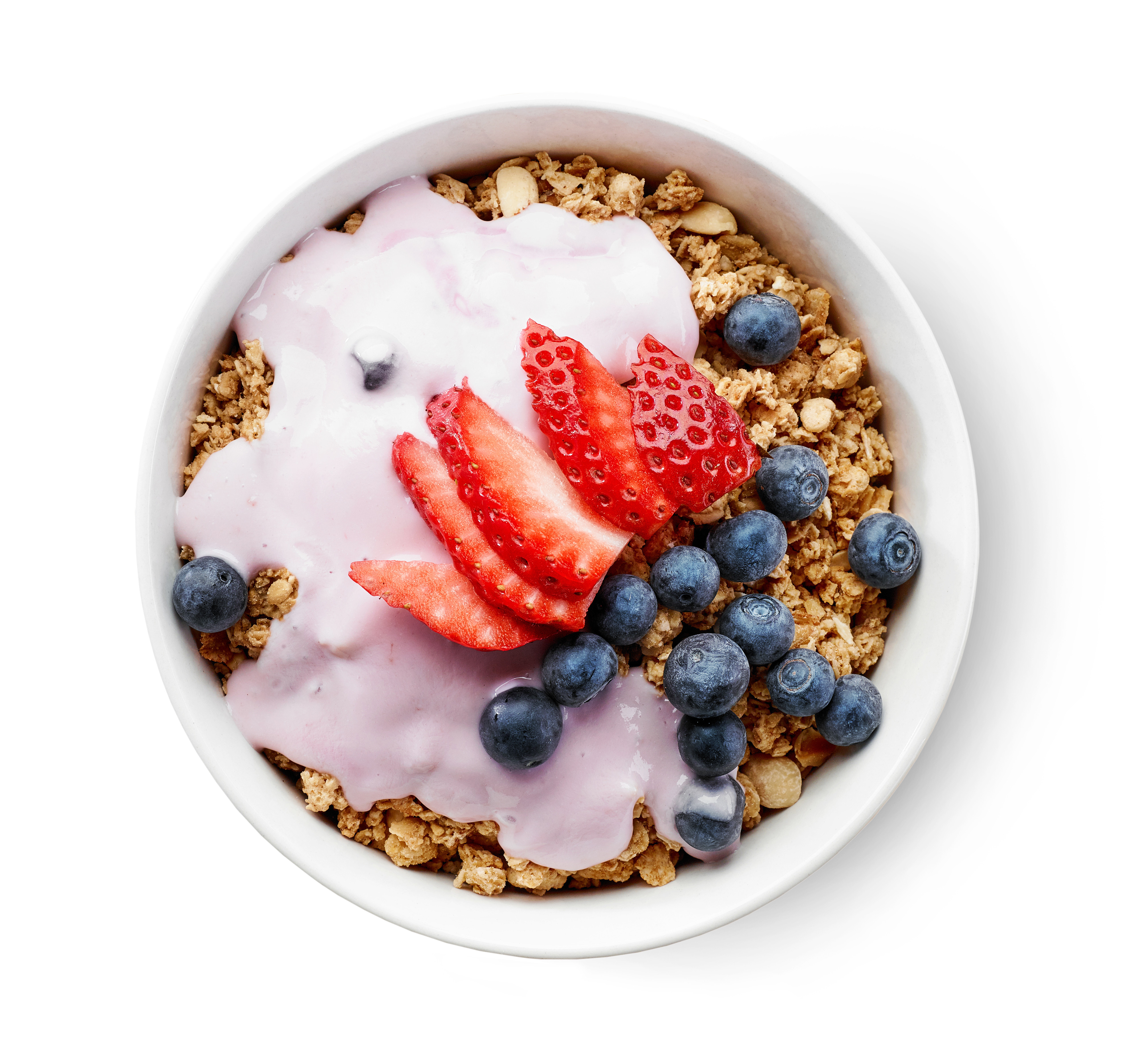
New thinking about plaque in arteries that feed the brain

Want to prevent shifting teeth? Maybe you need retainers

What you need to know about the new dietary guidelines

Food that’s healthier for people and planet can be cheaper, too

New evidence that polyphenol-rich foods help the heart

8 simple ways to reduce ultra-processed foods in your diet

How to curb your stress eating

How to spot Parkinson’s disease symptoms

Heart failure symptoms in women: How they’re different

GERD diet: Foods to avoid to reduce acid reflux
Nutrition Archive
Articles
Do omega-3s protect your thinking skills?
It may be helpful to eat a diet rich in omega-3 fatty acids.
Image: Elena_Danileiko/Thinkstock
Maybe you're hoping to protect your thinking skills by eating oily fish like salmon or taking a daily fish oil supplement. After all, the media frequently talk about the benefits of omega-3 fatty acids in fish oil, and sales of fish oil supplements are more than $1 billion per year in the United States. But can fish oil keep us thinking clearly? "For people who are healthy, who don't have a decline in memory and thinking skills, the question of prevention has not yet been answered," Dr. Scott McGinnis, an assistant professor in neurology at Harvard Medical School, explains.
About omega-3s
Omega-3 fatty acids are polyunsaturated fats in food that are essential for health. There are three main types:
Keeping your weight stable in older age
How to gain weight safely when you're down a few pounds.
You've spent your whole life trying to keep extra pounds off. Now your doctor says you actually need to gain a few pounds to stay healthy. But healthy weight gain isn't so simple. "Some people find it difficult to add enough calories to their usual diet. It takes a lot of effort," says registered dietitian Kathy McManus, director of the Department of Nutrition at Harvard-affiliated Brigham and Women's Hospital.
Where to begin
A dietitian can help you come up with an eating plan based on your specific calorie needs. It starts with understanding how quickly you've lost weight and why (see "Why are you underweight?"). Your age, size, activity, amount of weight lost, and overall health will be key to designing a diet that's right for you.
Beer-before-wine strategy doesn't hold water
News briefs
Ever hear the saying that drinking beer before wine can reduce hangover symptoms? It's just a myth, according to a small randomized study published Feb. 1, 2019, in The American Journal of Clinical Nutrition. Researchers found out by dividing 90 men and women (ages 19 to 40) into four groups. One group drank beer first, and then wine; another group drank wine first, and then beer; and the last two groups drank only beer or only wine. All of the participants drank until they were intoxicated (measured by a breath test), and then rated their hangover symptoms (like headache and nausea) on the day after drinking. The process was repeated a week later, but this time the beer-first group drank wine first; the wine-first group drank beer first; the wine-only group drank only beer; and the beer-only group drank only wine. The results: everyone experienced hangovers, no matter what they drank or the order in which they drank it. The strongest predictors for hangover intensity were perceived drunkenness and vomiting. The bottom line: Drinking too much is unhealthy for anyone. If you drink at all, drink in moderation. That means no more than one drink per day for women, no more than two drinks per day for men.
Image: © draghicich/Getty Images
Fiber: The carb you can count on for heart health
Make sure you're getting enough of this healthy carbohydrate in your diet.
When we think about following a healthy diet, we often fixate on what we shouldn't be eating, such as sugary desserts and fatty fried foods. A better strategy may be to focus on what we should be eating — especially more foods naturally rich in fiber.
Even though fiber passes through our bodies without being digested, it provides many health benefits, particularly for the heart. Fiber-rich diets may reduce the risk of heart disease and stroke by as much as 30%, according to a review article in the February 2 issue of The Lancet.
Legume of the month: Lentils
Lentils are tiny, lens-shaped legumes that come in array of colors, including yellow, red, green, brown, and black. Compared with other legumes, lentils are particularly rich in compounds known as polyphenols. These plant-based micronutrients are thought to help protect against cardiovascular disease.
Another advantage to lentils is that you don't need to soak them in advance, as is necessary with beans. And they cook quickly — usually in about 20 minutes or less. In fact, red lentils (which are actually orange) cook in just five minutes. Add one cup of lentils to three cups of water in a saucepan and bring to a boil. Once the water boils, the lentils are ready; you can then drain, rinse in cool water, and use them in salads. If you cook red lentils longer, they turn yellow and become very soft, with a smooth, pureed texture.
Diabetes? Go nuts to lower your heart risk
Research we're watching
A near-daily serving of nuts may lower the risk of cardiovascular disease in people with type 2 diabetes, new research suggests. The study, published online February 19 by Circulation Research, relied on diet surveys from more than 16,000 people before and after they were diagnosed with type 2 diabetes, a condition that elevates the risk of heart disease. Researchers asked them about their nut-eating habits over a period of several years. People who ate five servings of nuts per week had a 17% lower risk of cardiovascular disease compared with those who ate less than a serving per week.
Chock full of unsaturated fat, fiber, and minerals, nuts can help control blood sugar, blood pressure, and cholesterol. Tree nuts, which include walnuts, almonds, and pistachios, seemed to offer the strongest benefits in the study. Peanuts, which aren't technically nuts but legumes, weren't quite as healthy. While this study can't prove cause and effect, eating a small handful of unsalted nuts on most days will likely help your heart, even if you don't have diabetes.
Eating more ultra-processed foods may shorten life span
In the journals
Need another reason to monitor your intake of ultra-processed foods? Cutting down on your amounts could help you live longer.
In an observational study published online Feb. 11, 2019, by JAMA Internal Medicine, almost 45,000 adults ages 45 and older completed several dietary assessments over a two-year period. On average, ultra-processed foods made up about 15% of their daily diet as measured in grams.
Fried foods linked to earlier death
Healthier options, such as baking, can offer similar taste without the health drawbacks.
Fried foods are crunchy, crispy, and tasty, but as tempting as they are, eating them too often might shave years off your life.
A study published online January 23 by The BMJ found that women who ate one or more servings of fried chicken daily were 13% more likely to die prematurely from any cause and 12% more likely to die from heart-related causes than women who didn't eat any fried food.
Phytonutrients: Paint your plate with the colors of the rainbow
Phytonutrients in fruits and vegetables can protect us from chronic diseases if we eat enough of them. Because different produce contains different phytonutrients, consuming as much of a variety as possible is the best way to benefit from this protection.
Eating breakfast won’t help you lose weight, but skipping it might not either
Eat breakfast? Skip breakfast? Newer research fails to link eating breakfast with eating less or weight loss. So, will skipping breakfast shave off weight?

New thinking about plaque in arteries that feed the brain

Want to prevent shifting teeth? Maybe you need retainers

What you need to know about the new dietary guidelines

Food that’s healthier for people and planet can be cheaper, too

New evidence that polyphenol-rich foods help the heart

8 simple ways to reduce ultra-processed foods in your diet

How to curb your stress eating

How to spot Parkinson’s disease symptoms

Heart failure symptoms in women: How they’re different

GERD diet: Foods to avoid to reduce acid reflux
Free Healthbeat Signup
Get the latest in health news delivered to your inbox!
Sign Up
